Jim Dunlop combines fuzz and a low-frequency wah sweep on Japanese shred legend Akira Takasaki’s signature Cry Baby
With auto-return switching, a dark wah voicing and switchable onboard fuzz, the Loudness guitarist says this is “The best rock wah pedal for live performances”
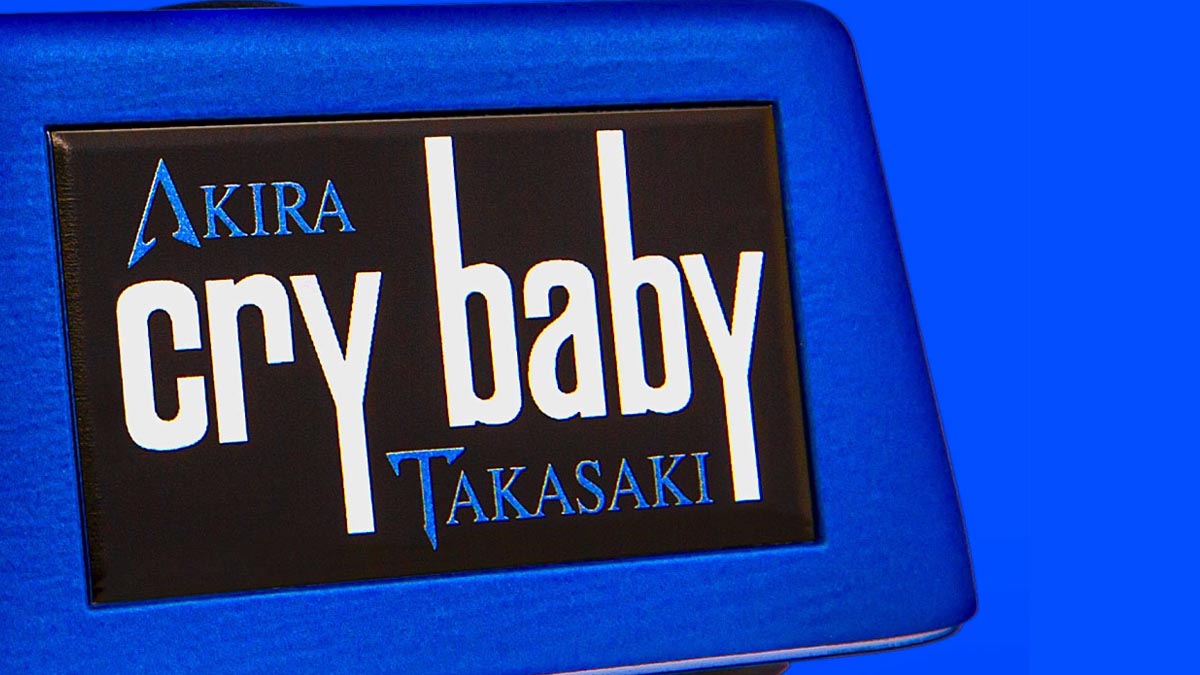
Want all the hottest music and gear news, reviews, deals, features and more, direct to your inbox? Sign up here.
You are now subscribed
Your newsletter sign-up was successful
Jim Dunlop and Akira Takasaki of Japanese metal guitar legends Loudness have partnered for a signature Cry Baby. The the Akira Takasaki AT95 Cry Baby Fuzz Wah combines a traditional wah pedal circuit with adjustable low-frequency sweep and an onboard fuzz circuit.
We have seen a lot of Cry Baby variants over the years. There are the traditionally voiced, the various signature editions, each with their own artist-specific frequency response, the mini guitar pedals for mounting on crowded pedalboards. Few, if any, are as bold as this.
But then, Takasaki’s signature style is to take the electric guitar to the edge and over the top, and you need a wah for such occasions. Takasaki describes it as “the best rock wah pedal for live performances” and the spec sheet offers ample evidence to back up the claim.
“From the moment you step on the pedal, this badass effect simultaneously roars out fuzz along with the traditional Cry Baby Wah sound!” says Takasaki.
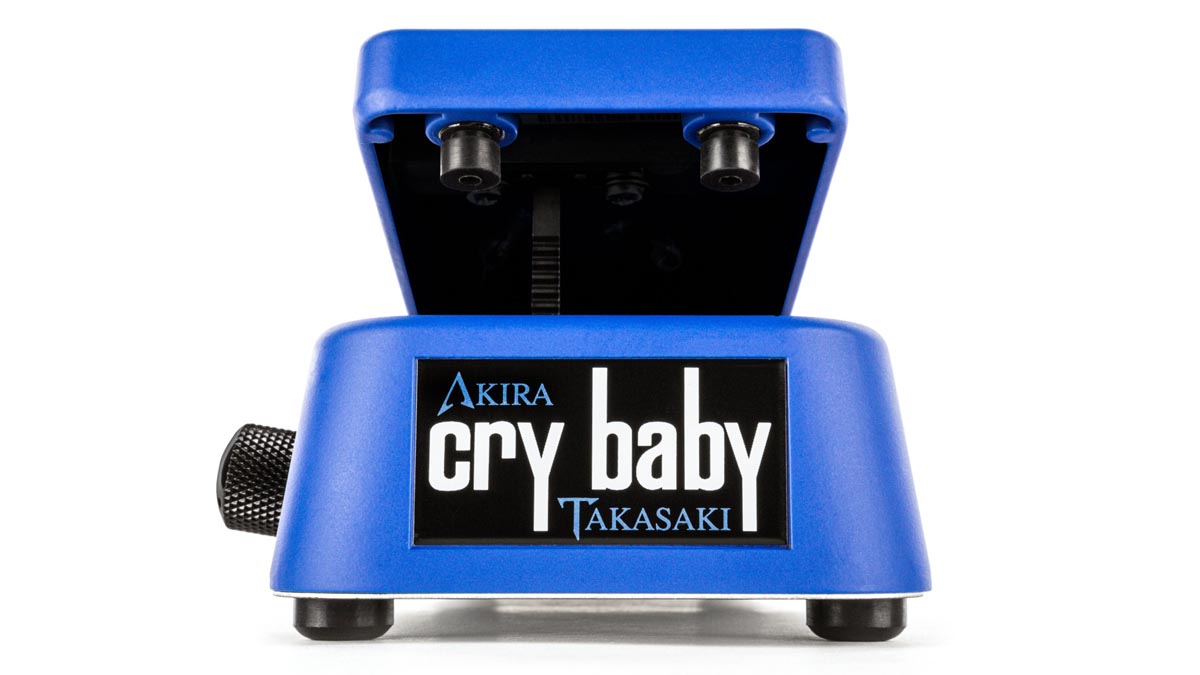
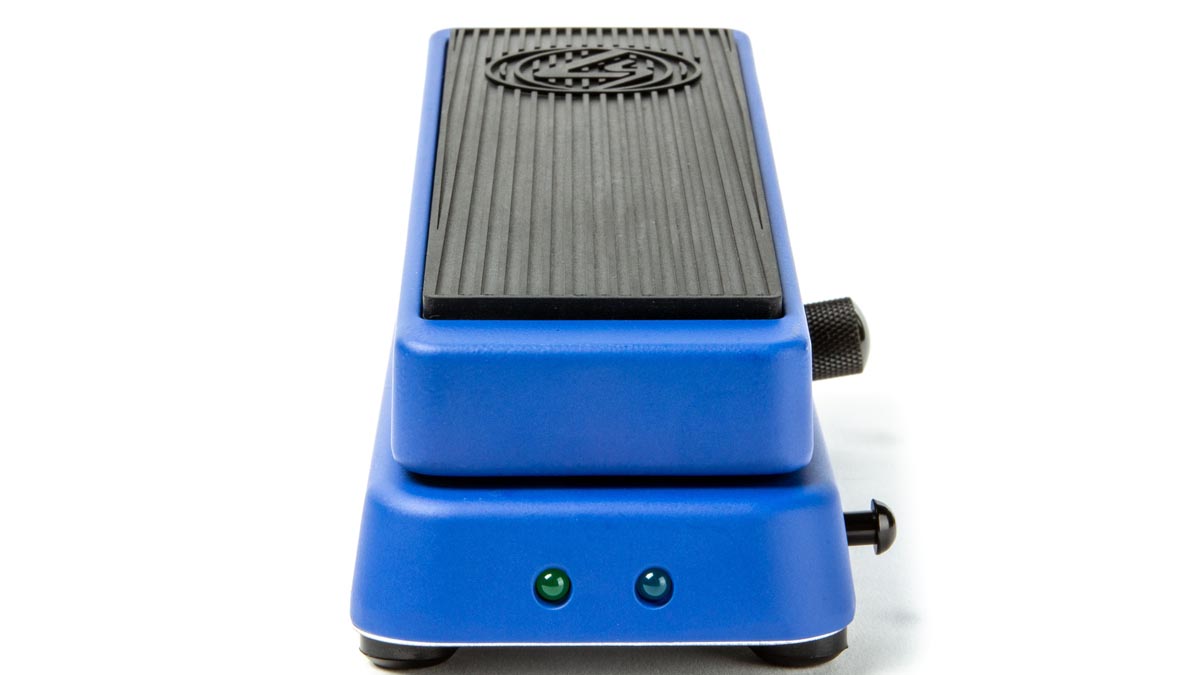
Indeed, listening to the sound clips, you can take this fuzz wah from a traditional squawk, through harmonically rich and juicy vocal tones to quasi synth sounds. The pedal has a familiar form, with a traditional Cry Baby rocker pedal format, a signature logo on the rubber tread.
A side-mounted button, easily reachable by foot, switches the high-gain fuzz circuit on and off while a dial mounted near the toe-end of the pedal lets you adjust the low-frequency sweep and tailor the wah’s response to your liking.
A post shared by Jim Dunlop (@jimdunlopusa)
A photo posted by on
One very cool feature of Takasaki’s Cry Baby is the auto-return switching, which allows you to engage the effect then disengage it by simple taking your foot off the treadle.
Want all the hottest music and gear news, reviews, deals, features and more, direct to your inbox? Sign up here.
There are a pair of LEDs mounted on the heel-side of the unit to let you know whether wah and/or fuzz effects are active. The pedal can be operated by 9V from a battery or pedalboard power supply.
Takasaki’s signature is found on the bottom plate and yet, while this might be a must-have for Loudness fans and disciples of Takasaki’s style – i.e. if you own an ‘80s vintage ESP Random Star you simply must buy one of these – this is the kind of feral effects pedal that any self-respecting noise or metal guitar player should check out and see if it can put the howling into your rhythm or leads.
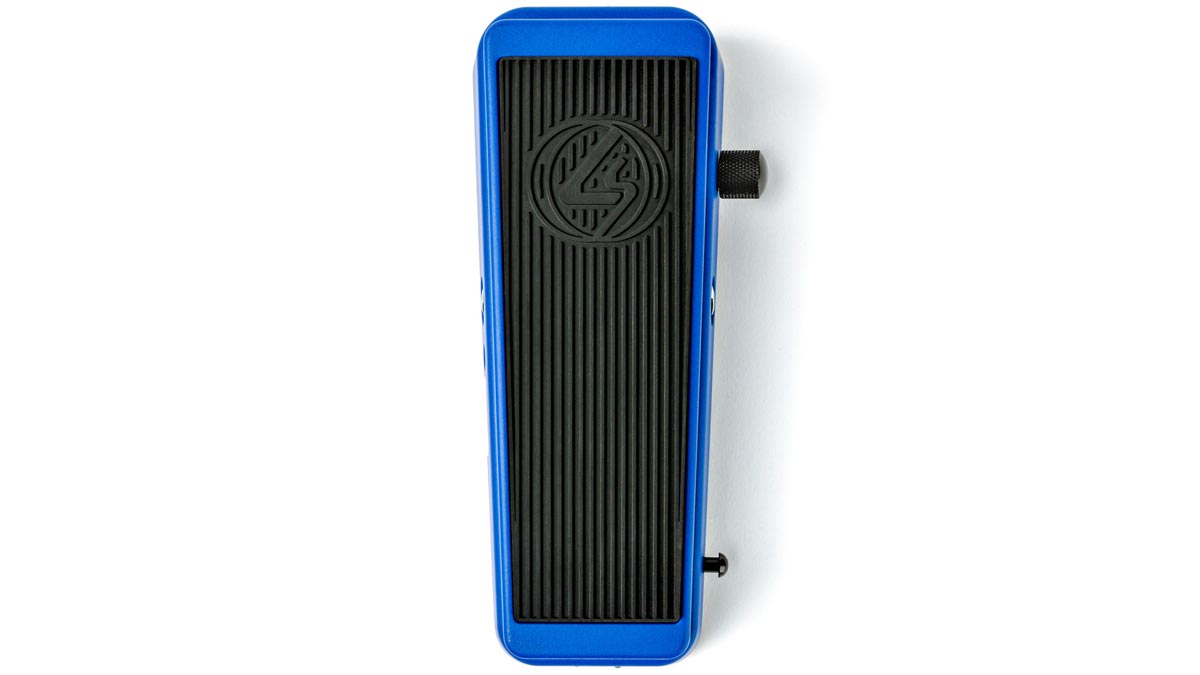
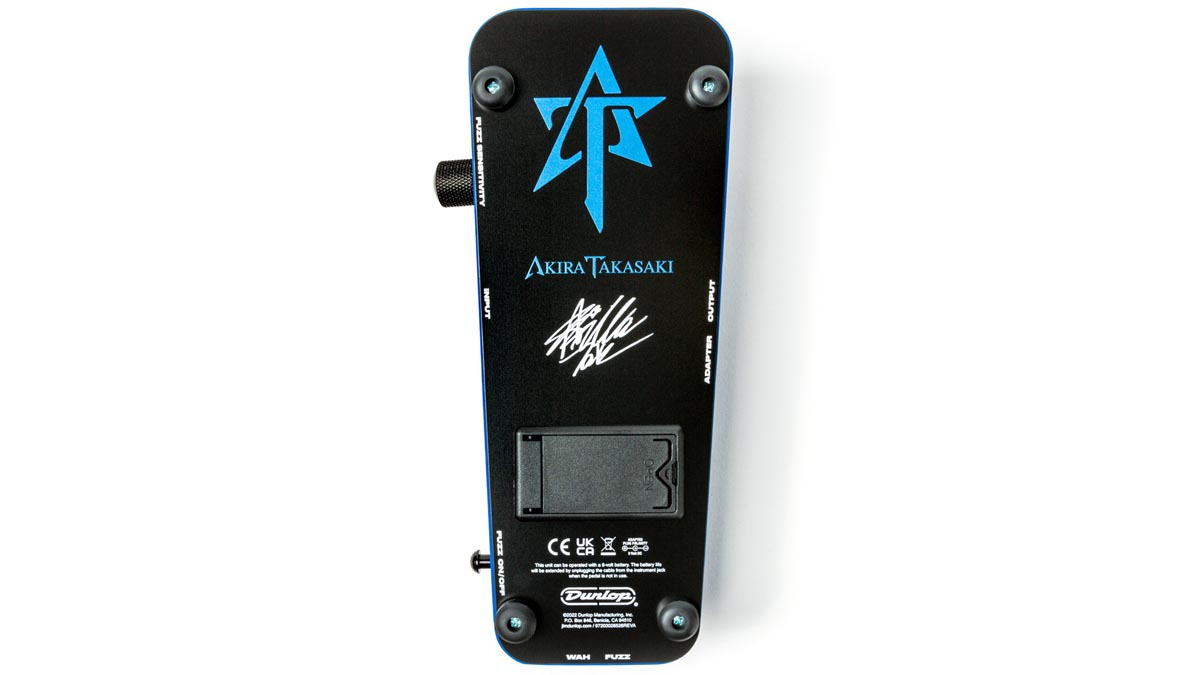
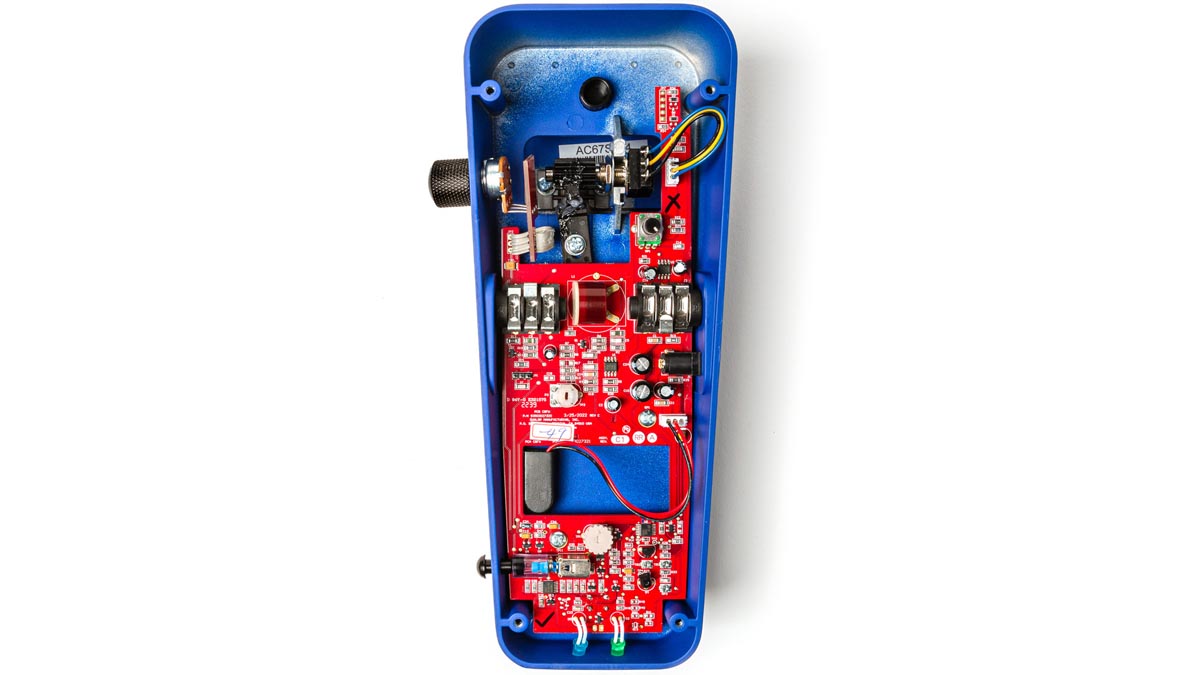
Earlier this year, Jim Dunlop debuted the Cry Baby Daredevil fuzz wah, which housed a custom vintage fuzz circuit and a modded Cry Baby wah circuit in one housing. And here we thought that was wild. Takasaki’s Cry Baby, however, takes things one step further into the crazy.
That said, that low-frequency sweep sounds pretty sweet with the fuzz disengaged. As with many a signature Cry Baby, this too could be much more versatile than it looks at first.
Priced £285 / $229 street, the Akira Takasaki AT95 Cry Baby Fuzz Wah is available to order now – Sweetwater is has them on order – but is not widely available from all the usual retailers yet. For more details, head to Jim Dunlop.
Jonathan Horsley has been writing about guitars and guitar culture since 2005, playing them since 1990, and regularly contributes to MusicRadar, Total Guitar and Guitar World. He uses Jazz III nylon picks, 10s during the week, 9s at the weekend, and shamefully still struggles with rhythm figure one of Van Halen’s Panama.
